According to the statement from the Foreign Minister, he reported during a break from the EU foreign affairs council meeting that there was an “ideological debate going on overheated by emotions where there is no room left for rationality and common sense.”
He went on to call the comparison between aid provided by the European Union versus the United States “an unnecessary and artificially created competition.”
He pointed out that there is no economy in the world that is currently suffering as badly as the EU due to the sanctions. Inflation is sky-high and “we know all too well who is profiting off of this,” he said.
According to him, the punitive measures did not fulfill any of the hopes attached to them – they did not help bring an end to the war. However, on Monday, there were those who “argued against the very existence of this argument.”
Péter Szijjártó emphasized that in connection with the ninth sanctions package, there were those who “went so far as to say that anybody claiming the sanctions do not work are employing the Russian narrative.”
“This is outrageous and must be rejected as definitively as possible,” he underscored. “Others may not understand this – but we do not care what the Russians think of what we have to say. We also do not care what Brussels thinks of what we say and do.
We are interested in one thing: to be able to look at all existing issues through the lense of our own national interests,” said the Foreign Minister. “Indeed, we must stand with our two feet firmly on the ground… we must recognize that the sanctions are causing incredible damage to the European economy,” he explained.
The Foreign Minister stated that there is no legitimacy to the arguments over why there should be no direct or indirect negotiations between the warring parties.
“We are in need of peace and peace talks – and for this, both parties must speak with one another as soon as possible,” he warned.
Regarding the financial aid program planned for Ukraine, he reiterated that Hungary is ready to continue supporting Kiev bilaterally, but will not partake in a European loan. “A common future is not in the direction of common debt,” he stated.
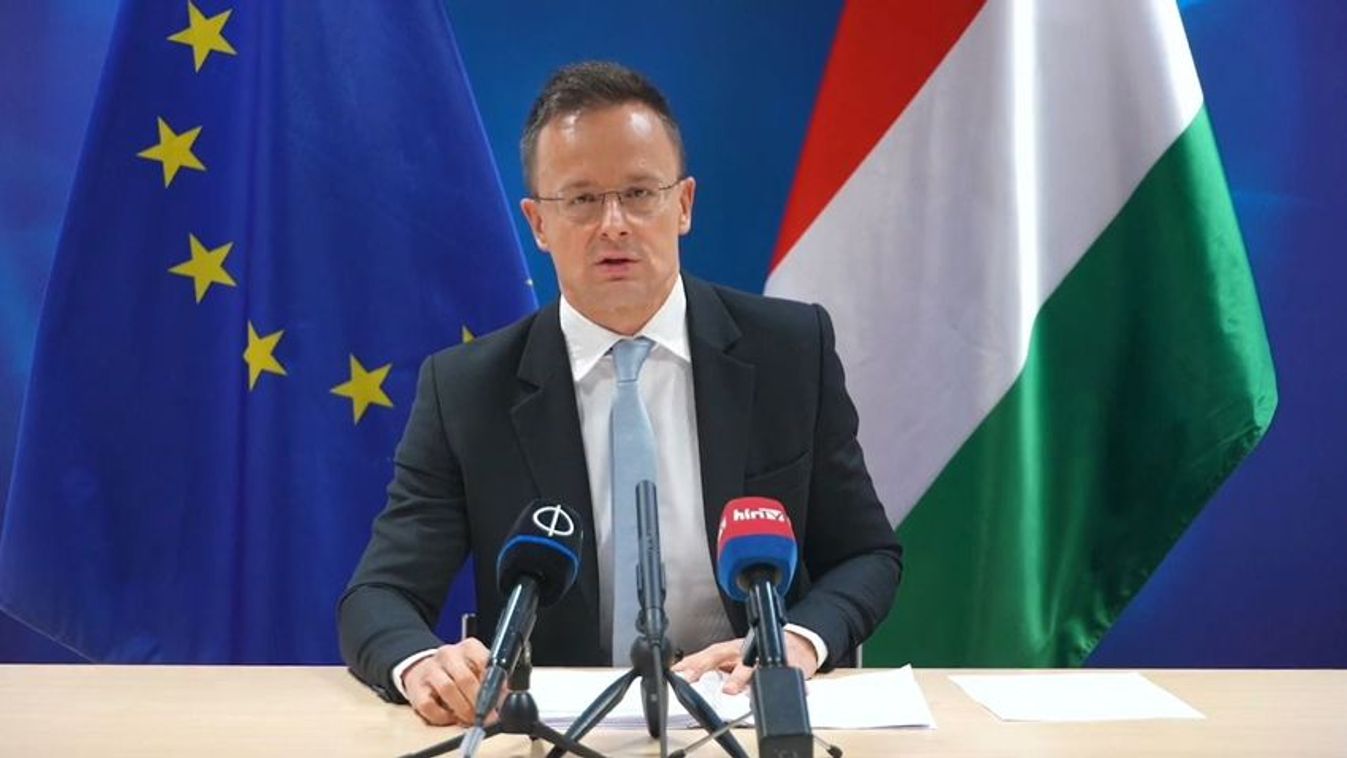
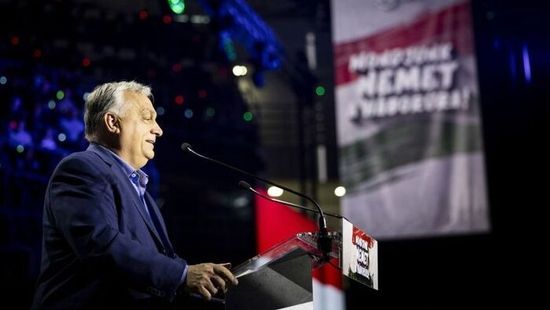




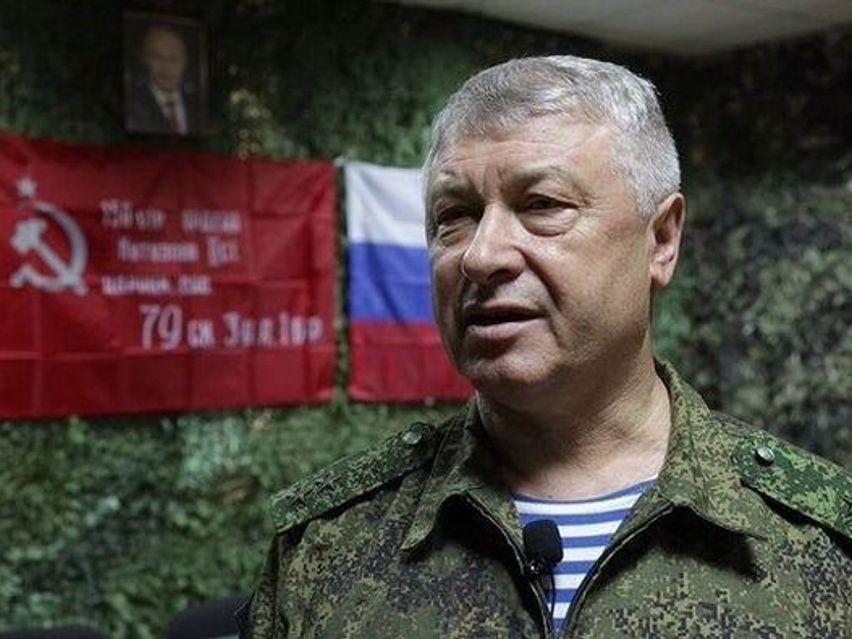


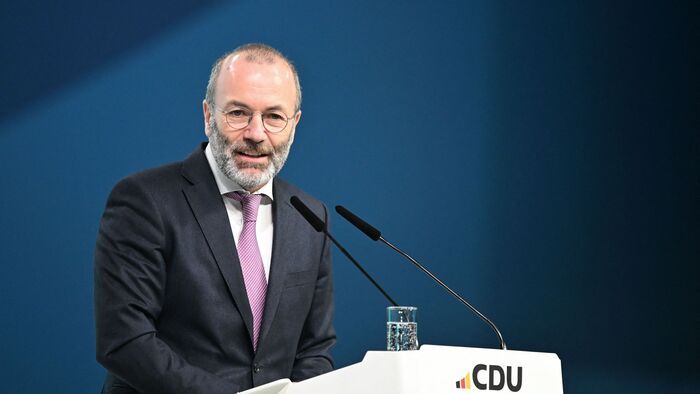

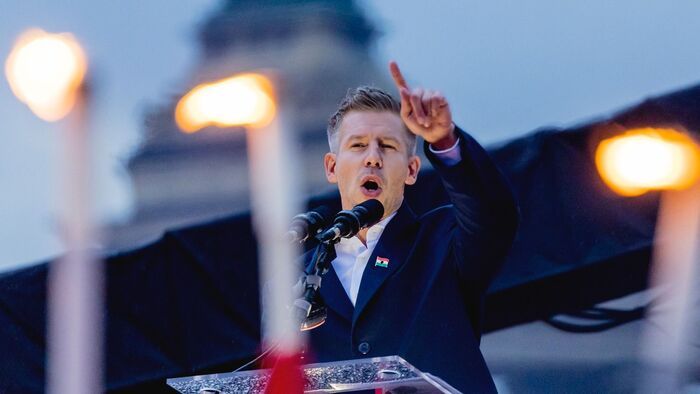
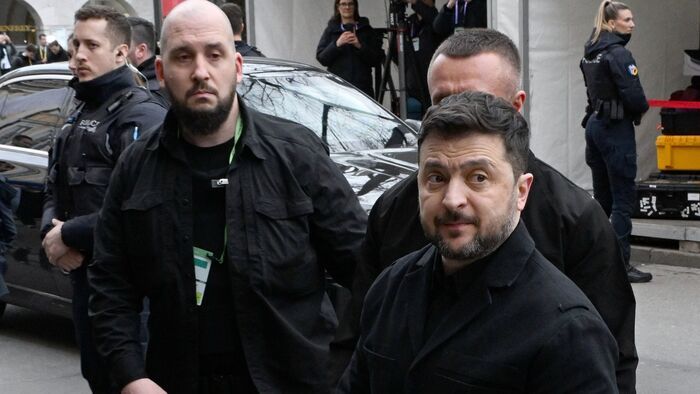
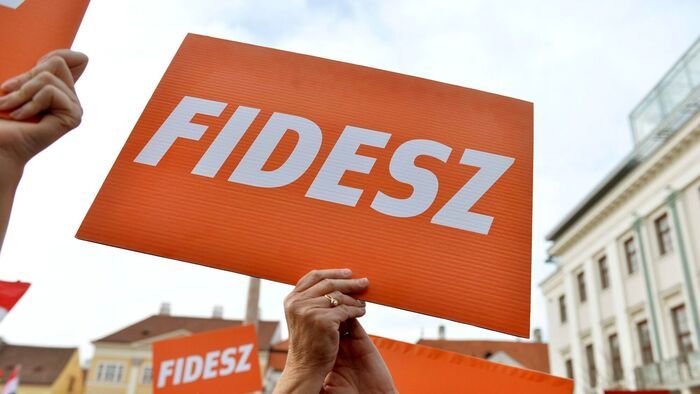

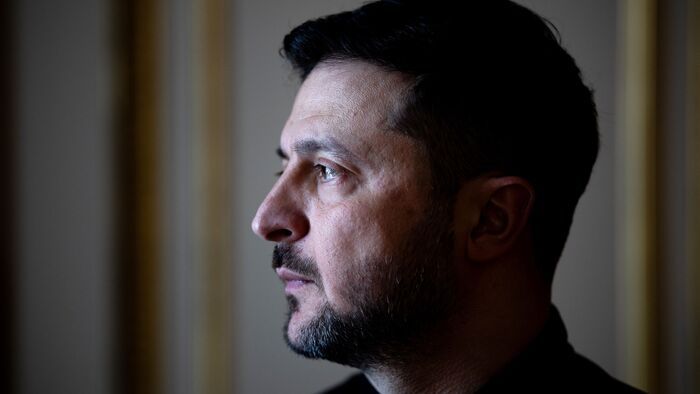
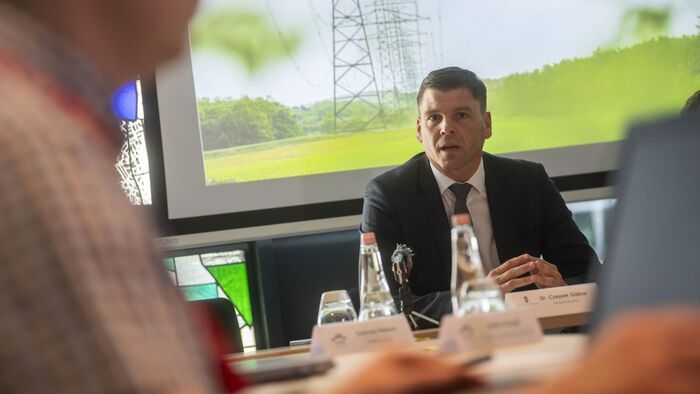




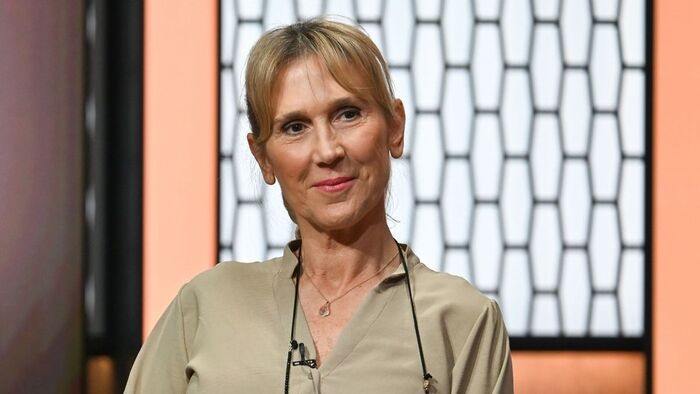

Szóljon hozzá!
Jelenleg csak a hozzászólások egy kis részét látja. Hozzászóláshoz és a további kommentek megtekintéséhez lépjen be, vagy regisztráljon!